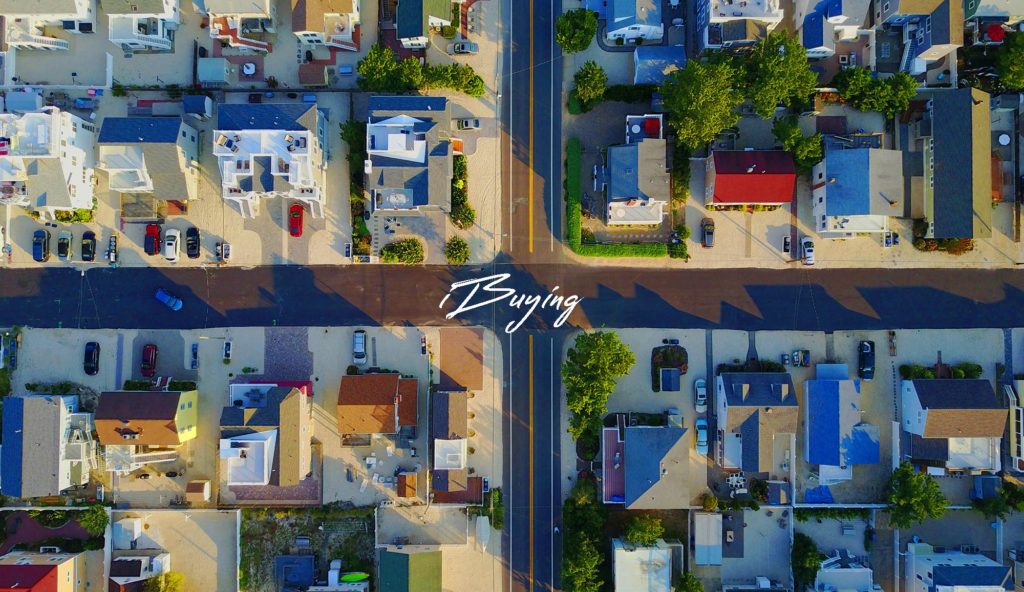
There has always been more to selling a property than simply putting it on the market. To compete with neighborhood comps, many homeowners spend time and money on remodeling, updating, and staging their homes. However, technology has begun to disrupt this tradition. Thanks to iBuying, a home can be sold sight unseen by filling out a form and clicking a button.
What Is iBuying?
iBuying is a process by which an iBuyer, or an instant buyer, purchases a property from a seller through an online portal. The seller provides a description of the home, and within a couple of days, an algorithm returns a cash offer. Because the iBuyer risks being unable to resell at a profit, the offer is typically below market value.
Although sellers receive less than their ask, iBuying can make sense. If a seller has to relocate for a new job or has already found a new house and must close quickly, the convenience of rapidly selling may justify the lower price. The difference is also offset by savings on home improvements and agent commissions.
iBuying Trends
So far, iBuying has been expanding in the South and Southwestern areas of the United States. These regions have plenty of tract housing, which simplifies offer generation, and weather is less of a factor than it would be in other regions. That said, iBuying may soon venture north. Opendoor recently secured $300 million in funding to expand its operations. Its competitor, Knock, raised $400 million to do the same.
Wherever iBuying goes next, it is sure to rely on institutional investors to clear inventory. According to ATTOM Data Solutions, nearly 10% of all iBuying can now be attributed to investors. The figure is up from 6.6% in 2017 and 3.9% in 2016. Once the foreclosure market dried up, investment groups sought new means of acquiring single-family rentals. Some started build-to-rent programs. Others lean on iBuying.
The Limits of iBuying
Technology has democratized listings, streamlined the mortgage application process, and enabled the registration and storage of deeds on blockchain. It was inevitable that a one-click sale solution would emerge. The only question is whether iBuying can survive a market slowdown. If home values collapse, iBuyers will be burdened with properties that are worth far less than their algorithms figured.






